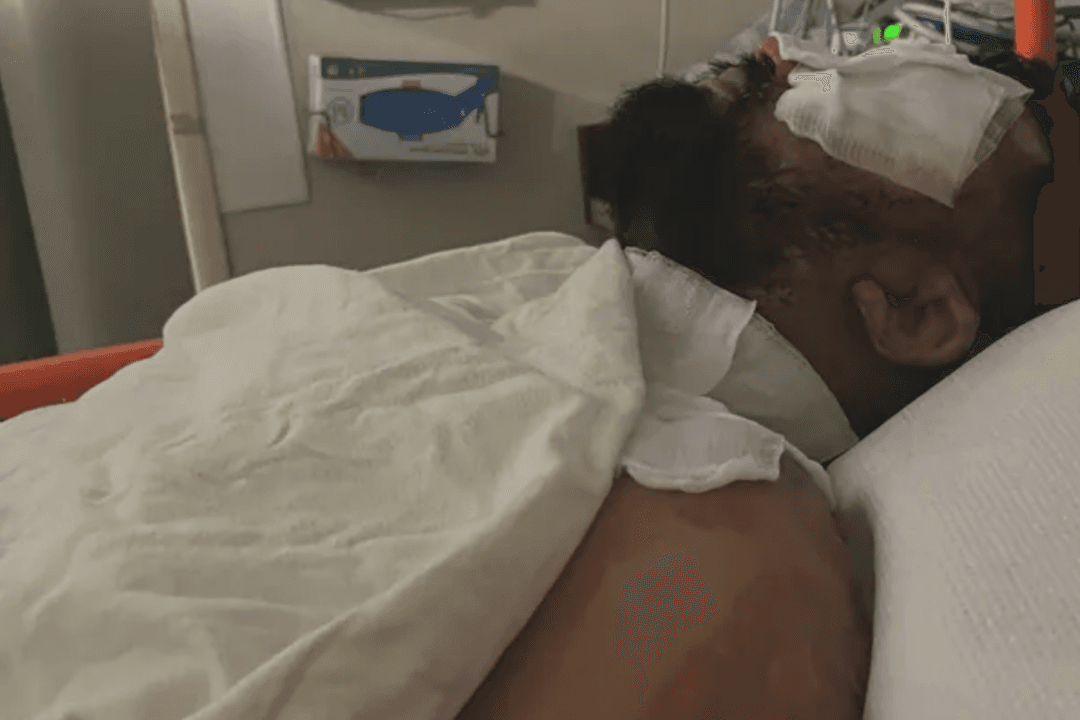The Placentia-Yorba Linda school board voted earlier this month to remedy two board members’ alleged violations of a government transparency law as identified by the Orange County District Attorney’s office.
The board voted 3–0 on Aug. 9 to approve a resolution that admits to alleged potential violations of the Brown Act, a law that requires local government affairs to be open to the public. The two board members in question—Leandra Blades and Shawn Youngblood—abstained from the vote.




